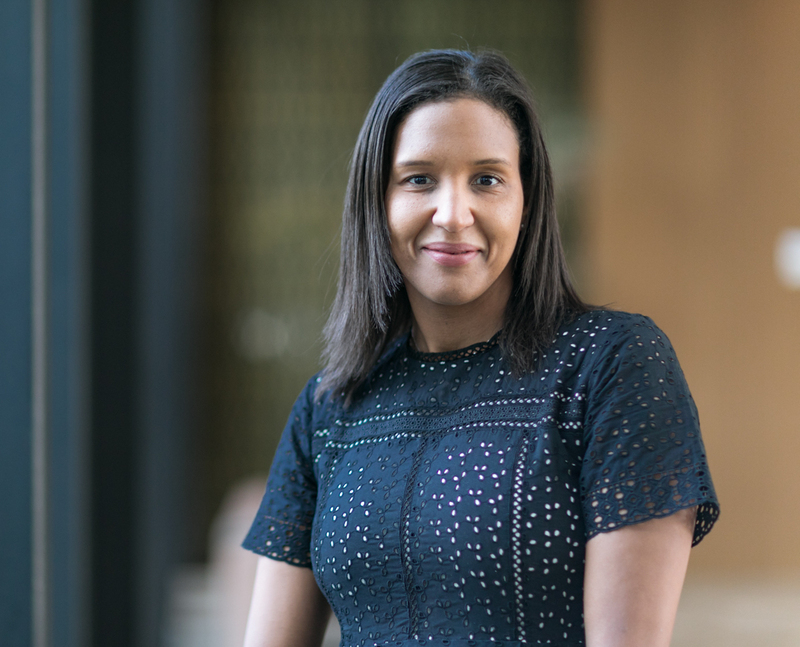By Yacine Djibo, Executive Director, Speak Up Africa
This year’s World Health Day theme “My Health, My Right” comes at a time when the world is grappling with how to ensure everyone has the right to access quality health services. African women are grappling with this issue more than most.
We need to address the gender inequalities making African women and girls more vulnerable to disease, limiting their access to healthcare and leadership opportunities, and the socio-economic factors which are costing them their livelihoods and even their lives.
African women are not only on the frontline of our healthcare systems, where gender norms prevent them access to job training and leadership opportunities. Because of gender inequalities women and girls also carry a triple burden of vulnerability to neglected tropical diseases (NTDs), non-communicable diseases (NCDs) and poor reproductive health outcomes. For example, Sub-Saharan Africa alone accounts for around 70% of maternal deaths.
Women must balance housework and caregiving with their jobs in the healthcare system, making it significantly more difficult to pursue the higher-level training needed to advance their skills and career opportunities. Career progression from entry-level positions to leadership roles is influenced not only by skills, experience, and qualifications but by gender norms and expectations regarding women’s leadership qualities. Globally, 70 percent of the health and social workforce are women but they hold only 25 percent of leadership roles. Many remain unpaid or underpaid and undervalued.
As the WHO rightly put it, our healthcare systems are delivered by women and led by men. This is in part due to power structures within health systems, gender stereotyping, and discrimination that favours men over women. Within research and innovation, the lack of female researchers in sub-Saharan Africa (30% of science professionals in sub-Saharan Africa are women) reduces the diversity of scientific perspectives on gender dimensions of health and means female-centered health research agendas are not prioritized.
NTDs is a case study in how African women not only share the larger burden of the diseases but also why it is imperative for women to be included at all levels of the NTD fight from research to resource mobilization, partnership building and policy.
NTDs affect more than a billion people, yet the number of people requiring NTD interventions (both preventive and curative) is 1.6 billion, according to WHO figures. Africa bears about 40 per cent of the NTD burden. These 21 diseases, mainly prevalent in tropical areas and are largely preventable and treatable but are referred to as “neglected” because they receive less attention, funding and research than other more known diseases.
Women and girls bare a larger burden of the diseases because of the role they play in low-income population areas such as washing clothes, collecting water, and childcare, which increases their risk of getting infectious pathogens, which transmit the NTDs. Furthermore, the burden of NTDs is heavier among women because of access to finance for better treatment and stigmatization linked to the disabilities they induce, and despite this they are not often put at the center of interventions.
That’s why the work of incredible women like Professor Emilienne Epée, a senior lecturer in the University of Yaoundé and Chief of Service and focal point for NTD Research at the Ministry of Health of Cameroun who are at the forefront of championing women’s involvement in the elimination of NTDs is so important. In recognising that a gender lens is important when addressing NTD specific exposure, socio-economic inequities, and other gender dynamics that may hinder the successful delivery of NTD programs, Professor Emilienne Epée and likeminded women with multi-disciplinary experience have created the Women in Neglected Tropical Diseases (WINS) initiative. Bringing together doctors, researchers, anthropologists, educators, communicators, managers with the common objective of better collaboration to mobilize resources and conduct innovative scientific research towards eliminating NTDs and the gender inequalities that exist in this disease area. WINs will also support women in accessing professional networks, training and skills development to support them in the betterment of their livelihoods.
Through applying a gender lens to health challenges, like NTDs and building dynamic women-led initiatives, we can ensure that health interventions are designed to reach women and girls, and ultimately promote women’s overall health and well-being. To ensure that responses to NTDs leave no one behind, it is critical that the global health community pays closer attention to the often-overlooked intersections between sex, gender and health.
By understanding how people of all genders, including women and girls, are vulnerable to and experience health challenges in different ways, disease responses can be accelerated, and help deliver prevention, diagnosis and treatment services more equitably.

